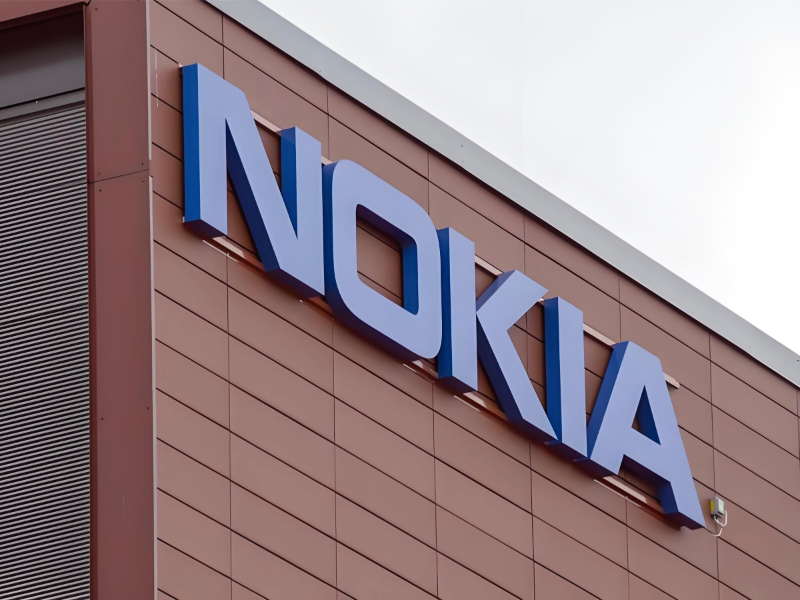- Nokia will replace Huawei’s equipment in over 3,000 Deutsche Telekom 5G sites in Germany
- This shift aligns with Germany’s strategy to reduce reliance on high-risk vendors like Huawei and modernize its telecom network
What happened
Finnish telecom equipment maker Nokia said in a statement on Wednesday that it will launch a mobile network at more than 3,000 sites in Germany using the Open Radio Access Network (ORAN). Following Deutsche Telekom’s choice of Ericsson, the new agreement officially marks Nokia’s return as the supplier of Europe’s largest network.
After being unceremoniously dumped for Ericsson several years ago, Nokia is to make what seems like an overdue return to Deutsche Telekom’s radio access network (RAN) in Germany. Its comeback, moreover, is at the expense of Huawei, the Chinese vendor deemed “high risk” by European Union (EU) authorities but used across about two-thirds of Deutsche Telekom’s RAN.
Germany has mandated telecom operators to reduce dependence on high-risk vendors, including Huawei and ZTE, by October 2026, following national security concerns. Nokia, a Finnish telecommunications leader, has tailored its products to comply with Open RAN specifications, facilitating the replacement process.
Also read: Nokia’s bold bet on 5G: Acquiring world’s largest API hub
Also read: UAE achieves milestone with Nokia-du network slicing trial
What it’s important
The replacement of Huawei equipment by Nokia at Deutsche Telekom highlights broader trends in the global telecommunications industry, particularly the shift towards Open RAN technology. This movement reflects a growing demand for vendor diversity and open standards in network architecture. Open RAN, as a modular and cost-effective alternative, enables smaller vendors to compete with industry giants like Huawei and Ericsson. Companies like Parallel Wireless and Altiostar have already demonstrated success by leveraging Open RAN to offer competitive solutions for smaller telecom operators, fostering innovation in an otherwise consolidated market.
This story also underscores increasing geopolitical scrutiny. Countries like the U.S. and U.K. have taken similar measures to exclude Huawei from critical infrastructure, citing cybersecurity concerns. Germany’s decision aligns with these trends, reinforcing the strategic importance of secure and diversified 5G networks. While beneficial for Western vendors like Nokia, this shift also presents challenges for smaller companies as they struggle to adapt to regulatory demands without the resources of larger firms.

